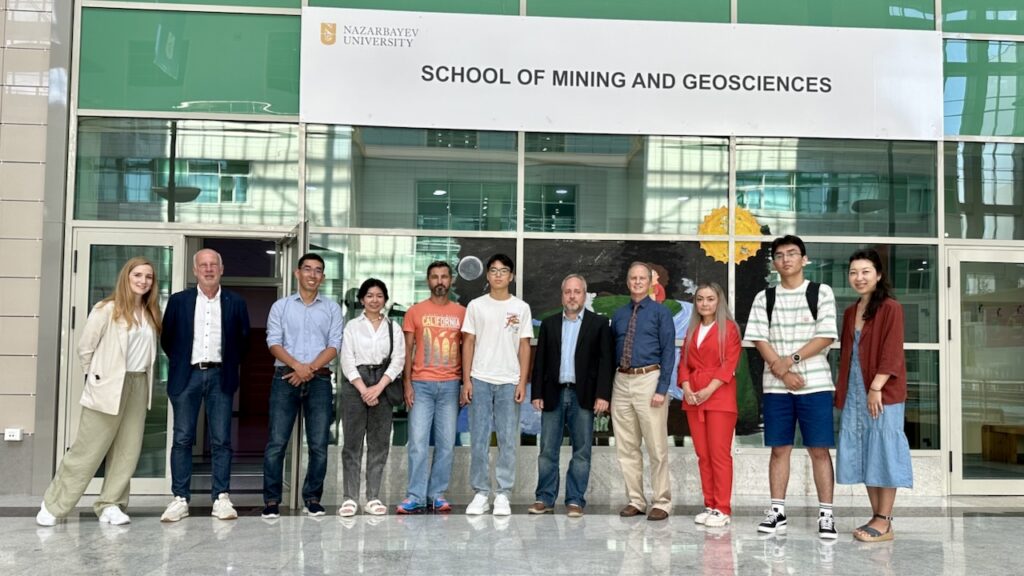At the end of July 2024 the team of TERESA project travelled to Astana for the last time within the official duration of the project. TERESA ended on 31 July 2024 and we are very grateful for having the opportunity to learn so much about Kazakhstan. During the past 3.5 years we did our best to contribute to the increase of city’s resilience to extremes hydroclimatic events through the development of sustainable water management solutions based on blue-green infrastructure.
The final results of the project were presented in a joint workshop organised in the campus of Nazarbayev University, for which we would like to thank our NU hosts and colleagues. During the week spent in Astana, we also engaged in very interesting discussions regarding the implementation of TERESA solutions in the city. A potential follow up project could aim at testing different solutions in the Astana Business Campus, a modern science park to be constructed in the immediate vicinity of the NU campus. Further potential is fostered by the interest of the city’s Akimat (local authority) in implementing sustainable urban drainage systems (SUDS) such as those proposed by the TERESA project in different parts of the city.

The week was concluded with a meeting at the newly established Ministry of Water Resources and Irrigation of Kazakhstan. The discussions held with representatives of different departments highlighted the need for a holistic approach for the management of water resources in the country, especially regarding the conjunctive use of surface water and groundwater. The participants to the meeting expressed special interest in managed aquifer recharge solutions, especially in the south of the country, which opens new opportunities for collaboration in the future.
At the end of the project, we would like to thank in the first place to the German Federal Ministry of Education and Research for the financial support, to our partners at Nazarbayev University for their assistance during the project and to all who contributed to this project.